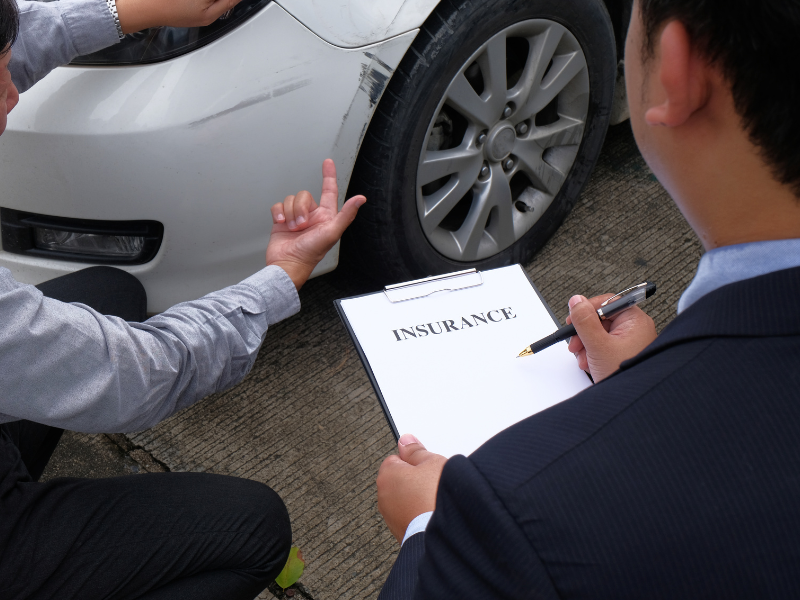In the aftermath of a car accident, the first thing a driver’s insurer wants to determine is who caused the accident. That’s the crux of the claim. One of ways most insurers identify who is at fault is via an official police report made at the scene of the accident.
(Common Causes of Car Accidents)
Police reports serve as the official record of law enforcement recording the facts of the accident. These reports often document things like: (1) the positions of the cars and/or other vehicles at the scene; (2) weather conditions at the time the accident was reported; (3) skid, road markings as a result of the accident; (4) property damage; and (5) time of and location where the accident took place.
Often, police reports include statements from witnesses and the officer’s observations about how the accident occurred. It will often record whether or not a citation was issues at the scene and whether or not either of the drivers appeared to be intoxicated.
These facts are often used by insurers to determine fault and liability in car accident claims. They’re also used to determine if liability can be shared by both drivers.
Sometimes, often when the damages don’t seem to be so significant at the scene, one driver will ask the other not to call the police to report the accident. This can be a very risky route. A driver may make promises at the scene, but later, when called upon to follow-up, may not make good on those promises. Without involvement on the part of the police department, drivers may change their story and shift blame away from themselves to you. Or they may, in fact, deny there was even any damage in the first place.
Of course, there are times when there is no police report resulting from an accident. When that happens, insurers often have to rely on gathered evidence from all parites and any witnesses that may be available in the wake of a car wrek.
For this reason, many motorist wisely document facts themselves at the scene of an accident. Taking photos or even video at the scene, retrieving copies of photo IDs and insurance cards and documenting contact details of drivers and witnesses are great ways to protect any subsequent personal injury claim that may be filed.
Additionally, courts may assume liability based on the kind of accident that occurred. Rear-end collisions, for instance, often indicate the driver who ran into the back of another vehicle was at fault. Left-turn collisions often indicate fault on the part of the left-turn driver. Illinois drivers should ensure their knowledge of the Rules of the Road to be clear on these kinds of accidents and who they indicate may be at fault.
An insurance adjuster investigates the accident and assesses damages so as to determine just how much the insurance company should compensate for losses. They review police reports and evidence gathered by drivers at the scene along with witness statements, considering local traffic laws and any violations that took place at the scene to make their determinations. Additionally, should there be a dispute on whether or not one driver or the other was at fault or how much fault each driver bears, they may negotiate with the other driver’s insurer to come to a resolution of liability in your claim.
It’s important to understand that the insurer’s chief goal is often limiting the losses their company incurs. Paying out a claim qualifies as a loss for any insurer and just because they make an offer in the aftermath of an accident does not mean they are not at the same time limiting their losses. Oftentimes, quick settlement offers leave compensation dollars on the table for the claim. Once you sign a waiver to accept that offer, you relinquish your rights to any further compensation. Did that settlement take loss of employability into account? Did that settlement take lost wages, future medical care, therapy and the like into account? These are the kinds of questions an experienced personal injury attorney like those at Bizzieri Law Offices ask when evaluating a settlement offer. So it’s important to ensure you have the guidance of a personal injury attorney when considering a claim.
Call our offices at 773.881.9000 if you have any questions about protecting your right to compensation in the aftermath of a car accident. There is no charge for the initial consultation, and we never collect a fee unless we win damages for you.

